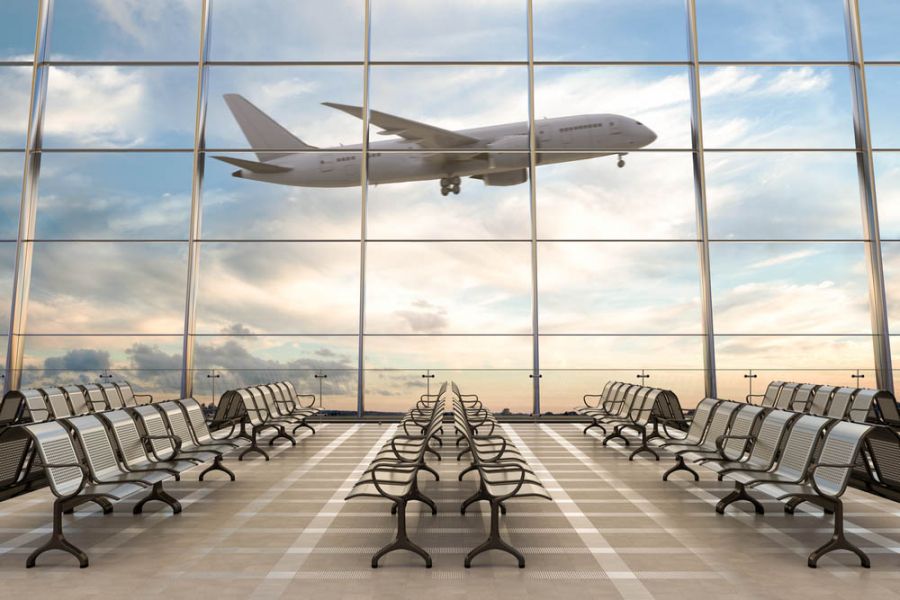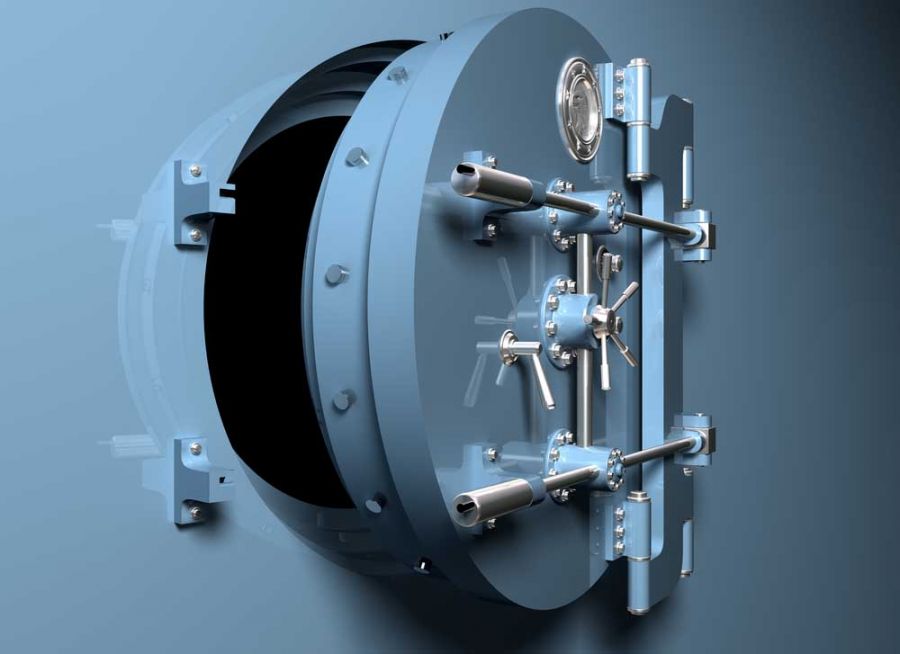Professional sports sponsorship is arguably one of the most high profile examples of commercial branding partnerships. You’ll probably instantly be able to reel off some notable sports sponsors, and certainly if you watch much European football, motor racing, golf or horse racing, you’ll be familiar with many of the names involved. But what you might also notice is that a number of these businesses involved in sponsorship tend to be involved in some specific industries.
Amongst them, you’ll find the likes of banks and financial companies, global airlines and of course, gambling brands. But why specifically are these companies interested in sponsoring professional sports, and does the promotional platform justify the amounts of money involved in securing these deals?
Who’s Sponsoring Sports?
Sports clubs offer brands an unrivalled platform, with the chance to break through into public consciousness in a way they might not otherwise. At the same time, only specific types of companies can really afford to engage with sports sponsorship on any level, and only those that can justify a sound business case from pouring potentially millions into the coffers of their chosen sports teams.
For fans, sports teams are like family, so there’s an instant audience tie in there for brands that can partner up with professional sports brands. But there’s also the dual benefit of exposure to sports fans and the viewing public more broadly, and it’s this that makes the difference for many of those companies involved in sponsoring sports.
For these reasons, companies tend to be involved in similar industries, with some of the most high profile sponsors being either airlines, banks, or bookmakers. This is no coincidence. Companies in each of these spaces have their own good reasons for aligning their brand with elite sports, and in fact, the field of sports sponsorship is highly competitive because of the benefits this form of marketing can deliver.
Why They Sponsor Sports?
Airlines

If you look at football, but even sports more generally, airlines are everywhere. From Arsenal’s Emirates Stadium to some of the big sponsorship deals with United Airlines in the US, including the PGA Tour and the Chicago Bears, airlines are an almost universal presence in and around professional sports teams and stadiums.
As a branding exercise, marketing airlines is challenging enough. Yet the sheet name recognition and profile of sports sponsorships is one of the best ways to spread the name, and to help an airline brand make an impression on consumers. While it’s hard to track the direct impact of these kinds of sponsorships, securing such high profile visibility not only positions the airline as the fan’s choice, but helps embed a name recognition that can last for decades.
Airlines want the same bond of love and trust from their customers that fans have with their sports teams. And as large, mass-market providers with the need to reach sometimes international audiences in one fell swoop, sports sponsorship is one of the simplest but most effective tools at their disposal.
And they’re prepared to pay big for the privilege. To put some figures on it, United Airlines spends a reported $40 million a year on sports sponsorship, with the omnipresent Emirates spending as much as $320 million on an annual basis to have their name tied to all manner of professional level sports.
Gambling and Casino Brands

One of the next most commonly seen industries in sports sponsorship are the gambling brands, and nowhere is this more obvious that the English Premier League. European football attracts some of the most significant sponsorship revenues in the world, with partners paying countless millions to secure the rights to attach their name to professional clubs.
This ranges through everything, from shirt sponsorships to stadium sponsorships to sponsoring the match day programme. Clubs try their level best to create as many tiers of sponsorship as they can, in order to take advantage of the lucrative markets that exist. And in many cases, gambling brands are buying up the remaining real-estate, tying clubs down to multi-year deals to push their brands.
It’s not too hard to see why sports betting brands want to be associated with sports – it’s arguably one of the closest-fit demographic types of advertising and promotion open to bookmakers, so makes for a natural fit and easy cross-sell. Those who gamble on sports are almost always sports fans first and foremost, so having a high profile in the world of sport is a no-brainer if this is your customer.
A well-placed sports sponsorship deal can send new accounts soaring. In highly competitive markets like gambling, gaining this extra advantage in the market can make all the difference. The same is true with online casinos, where these types of promotions are a mass-market way of promoting amongst a strong demographic overlap with the brands’ target customer.
Banking & Finance

There’s also the element of prestige that goes with sponsoring leading sports teams, and this is where banks and financial companies often come into their own. These sponsorships are as much about the corporate hospitality as they are about the branding, and allow certain types of financial sector businesses to establish their profile in the minds of their clients. These are often not the type of businesses consumers will typically engage with, or at least, that is often not the main aim of these sponsorship campaigns.
Instead, these are all about positioning brands for the benefit of eventual big money clients, who will buy into the brand association and reputational benefits that come from being seen as a major sporting sponsor.
Banks have the money for these large deals, and do most of their business with corporate and investor clients, as opposed to retail clients. Sports sponsorship is also a straightforward way to build brand profile for financial companies, both at home and internationally, which can have long-lasting benefits to their business.
Sponsorship opportunities are almost always hot property, from the ranks of the lower leagues through to the upper echelons of global sport. With intense competition from the likes of banks, airlines and gambling brands, sports teams continue to attract ever-increasing price tags for their sponsorship deals, providing a crucial source of income to sport at every level. For the businesses themselves, these deals represent an excellent change to align with a much-loved brand, and to buy ongoing, often international exposure for a fixed price.








